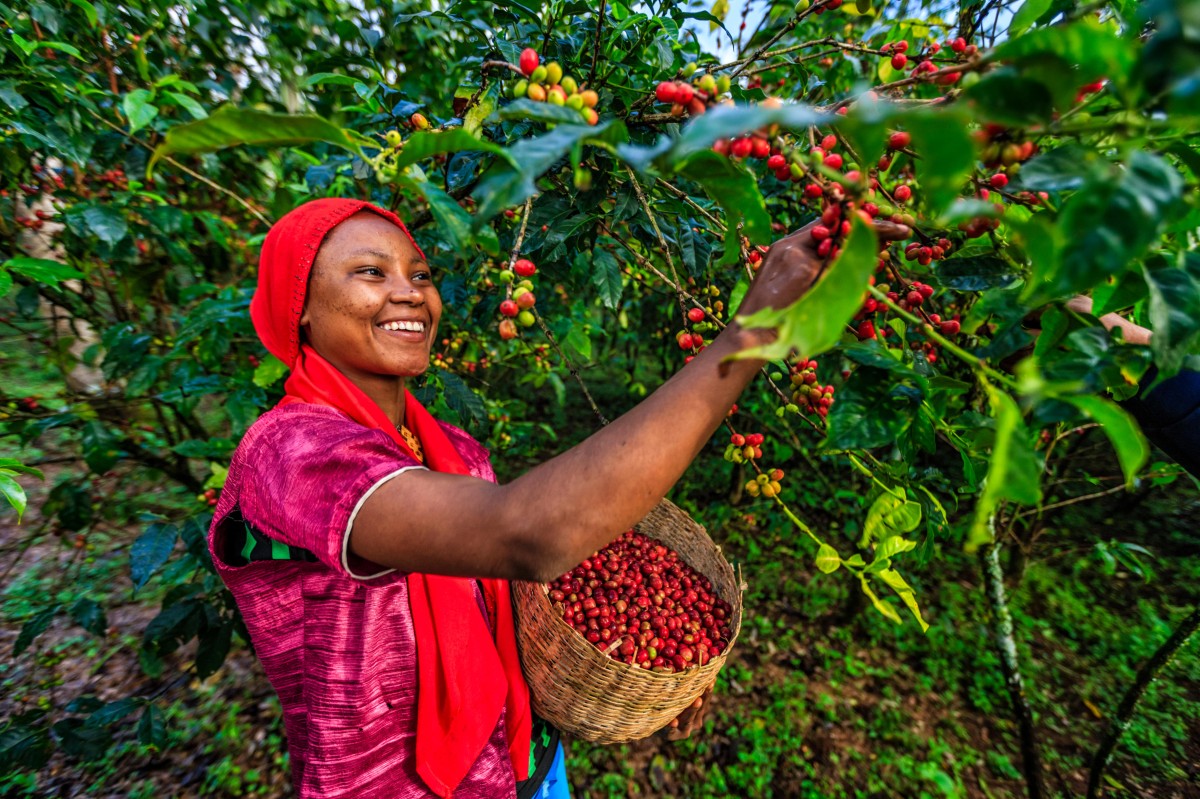Play all audios:
Lire en français Sub-Saharan Africa is among regions that face the highest risk of reduced productivity of tropical crops due to a decline in pollinators. This will be fueled by climate
change and shifts in agricultural land use, a study suggests. The paper, published in _Science Advances_ , suggests that small farms with limited resources in tropical regions that grow
crops such as cocoa, coffee, mango and watermelon will have a high risk of crop production decreases. The researchers modelled scenarios representing either a 1.5˚C or 3˚C increase in global
average temperatures by 2100 and applied them to different land uses to estimate the future risks to crops caused by the subsequent loss of pollinators. Climate change and human land-use
activities are among the greatest drivers of pollinator losses. “Before this study we didn't have a global framework that could make estimates of risk to pollination-dependent crops
from the effects of future climate change,” Joe Millard, the study’s lead author and postdoc researcher in computational ecology and data science at the Natural History Museum in London
says. Countries with low production risk such as the United States, the Netherlands and China will also suffer the losses of pollinators and the crops that depend on them through a reduction
to imports as the most vulnerable crops, such as coffee and cocoa, tend to be valuable export products.Sub-Saharan Africa is at high risk as the regions within the continent are warming
outside their normal range which reduces the abundance of insect pollinators. “There is uncertainty in our models but it's likely that greater difficulty growing pollination-dependent
crops will affect crop price and the margins for those who grow these crops,” Millard told _Nature Africa_ in an exclusive interview. Efforts to combat climate change and adoption of land
management techniques that are pollinator friendly are recommended in places that are warming outside their normal range, especially Sub-Saharan Africa.

